Table of Contents
- 17.04.2024: Fed to lag behind major central banks in rate cuts? (S&P ...
- Fed Signals Shift to Easing: Rate Cuts Likely in 2024, Economy Expected ...
- Fed Rate Cut Date 2024 - Amitie Laurel
- Fed Holds Rates Again. Expect Cuts in 2024 - NerdWallet
- Bank Indonesia Optimistis Inflasi 2024 Terkendali - Bisnis Tempo.co
- Next Fed Rate Increase 2024 - Elsi Brittni
- Fed Rate Cut News 2024 Today News - Kelsy Mellisa
- US Fed's rate meeting minutes show growing inflation concerns - YEN.COM.GH
- Fed lowers inflation forecast for 2024, seeing core PCE falling to 2.4%
- Fed Rate Cut Expectations March 2024 Inflation - Freddi Karoline



Background: The Current Economic Climate
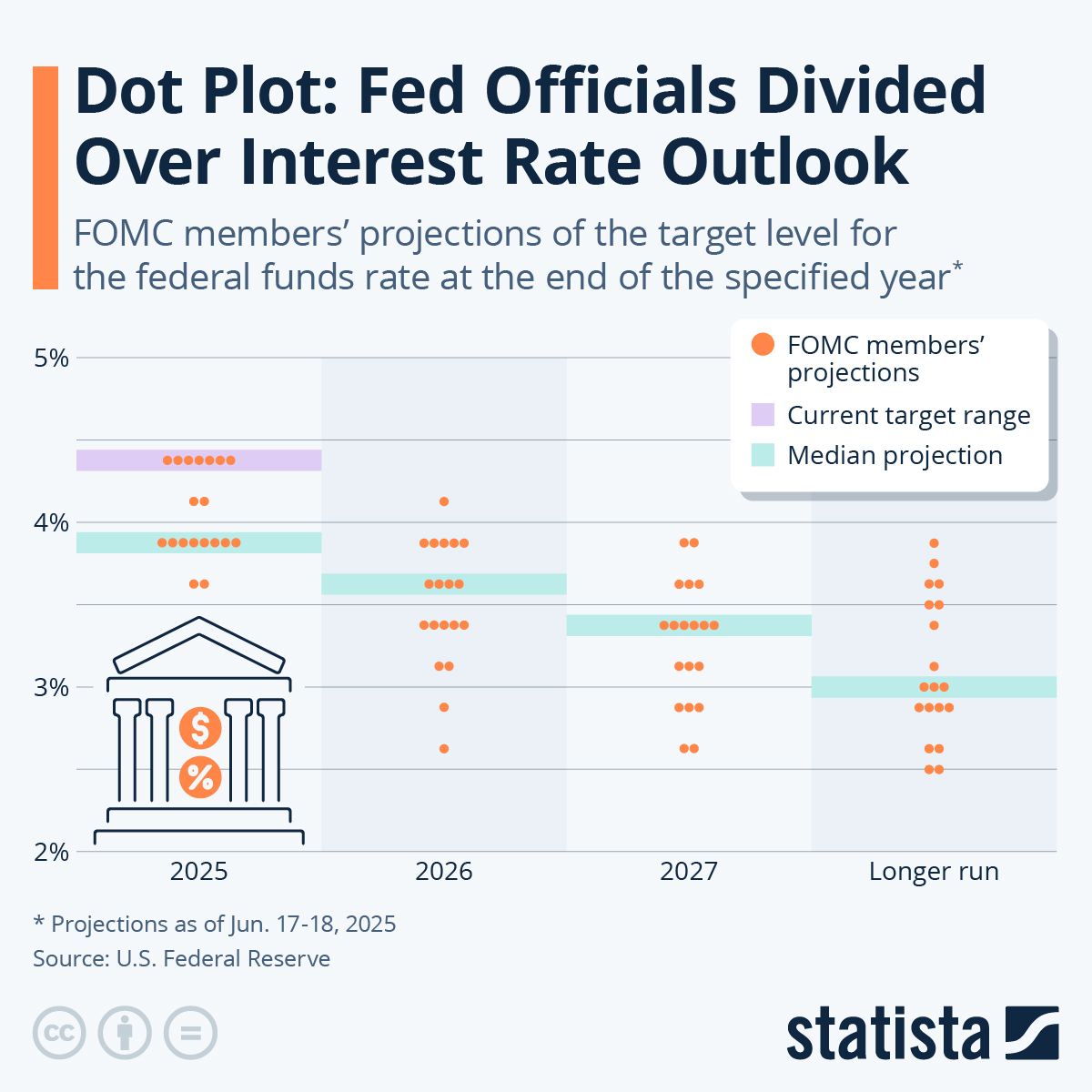
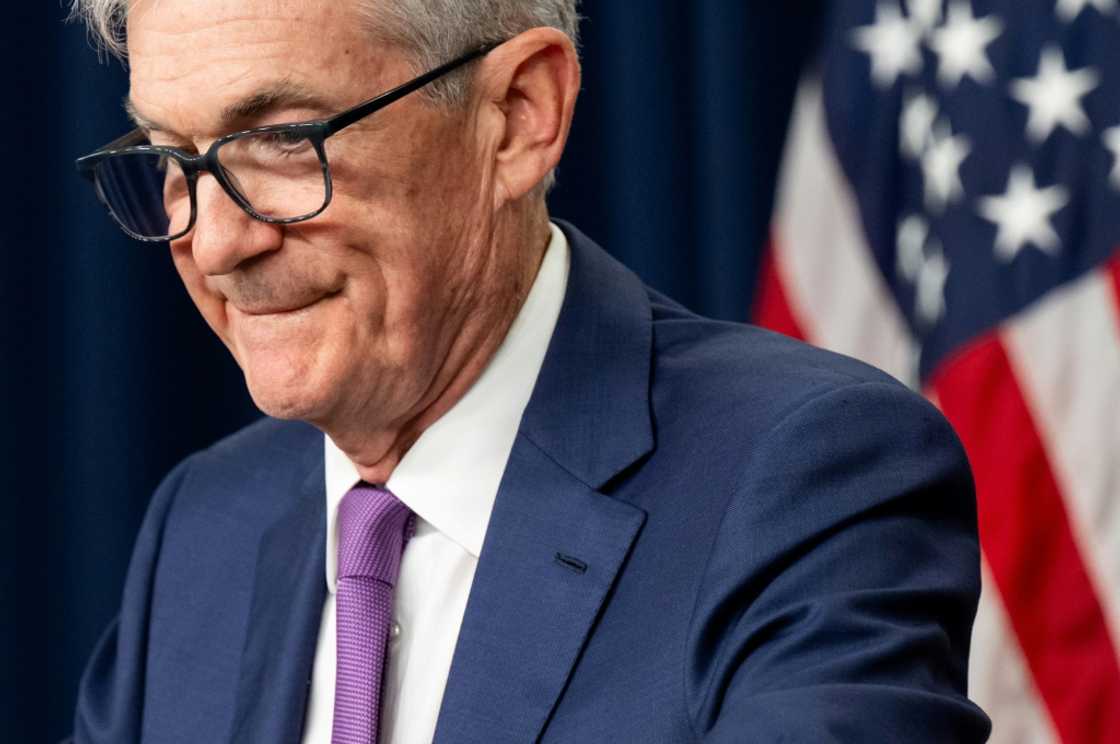

The Interest Rate Decision: What It Means
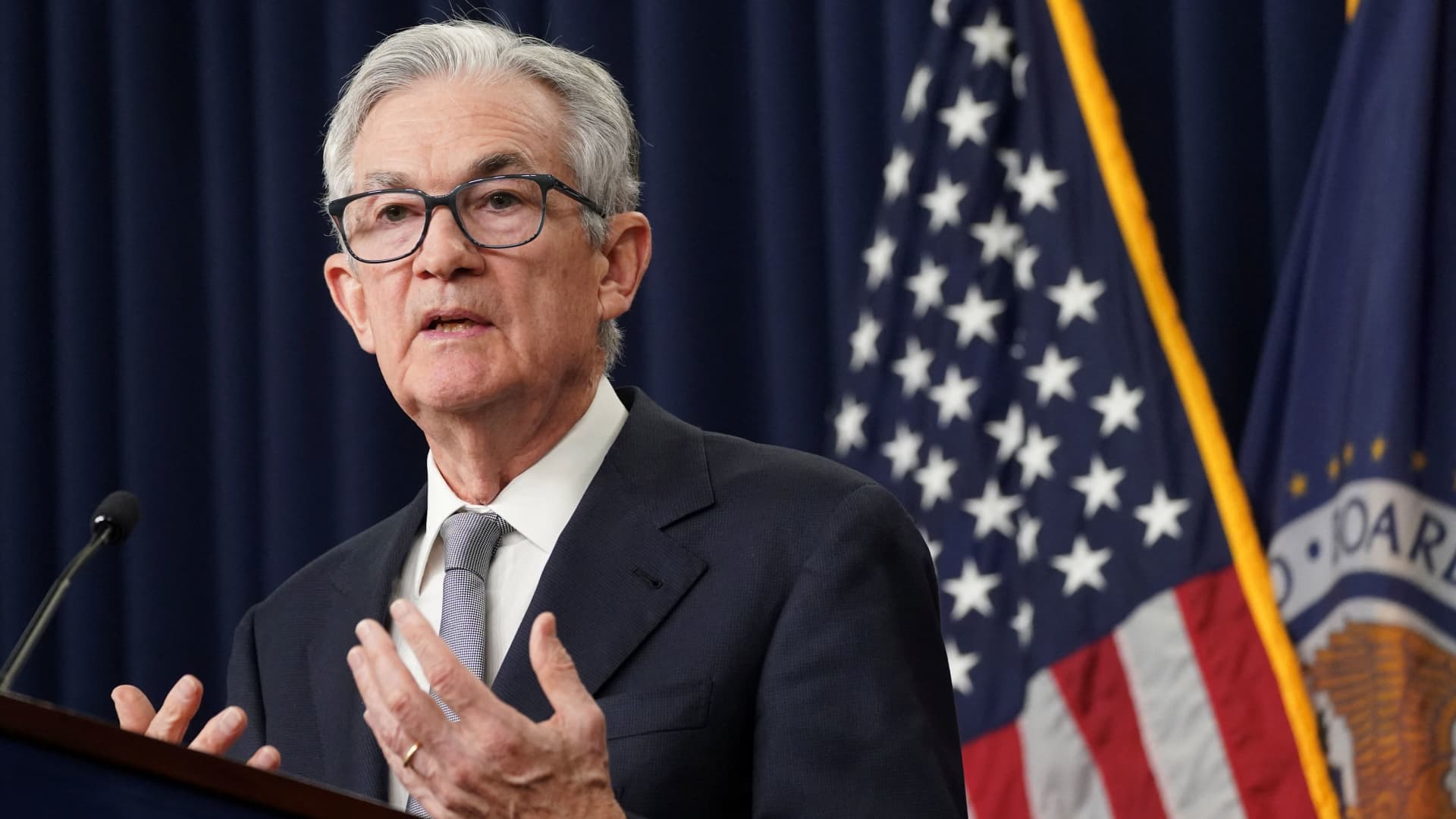

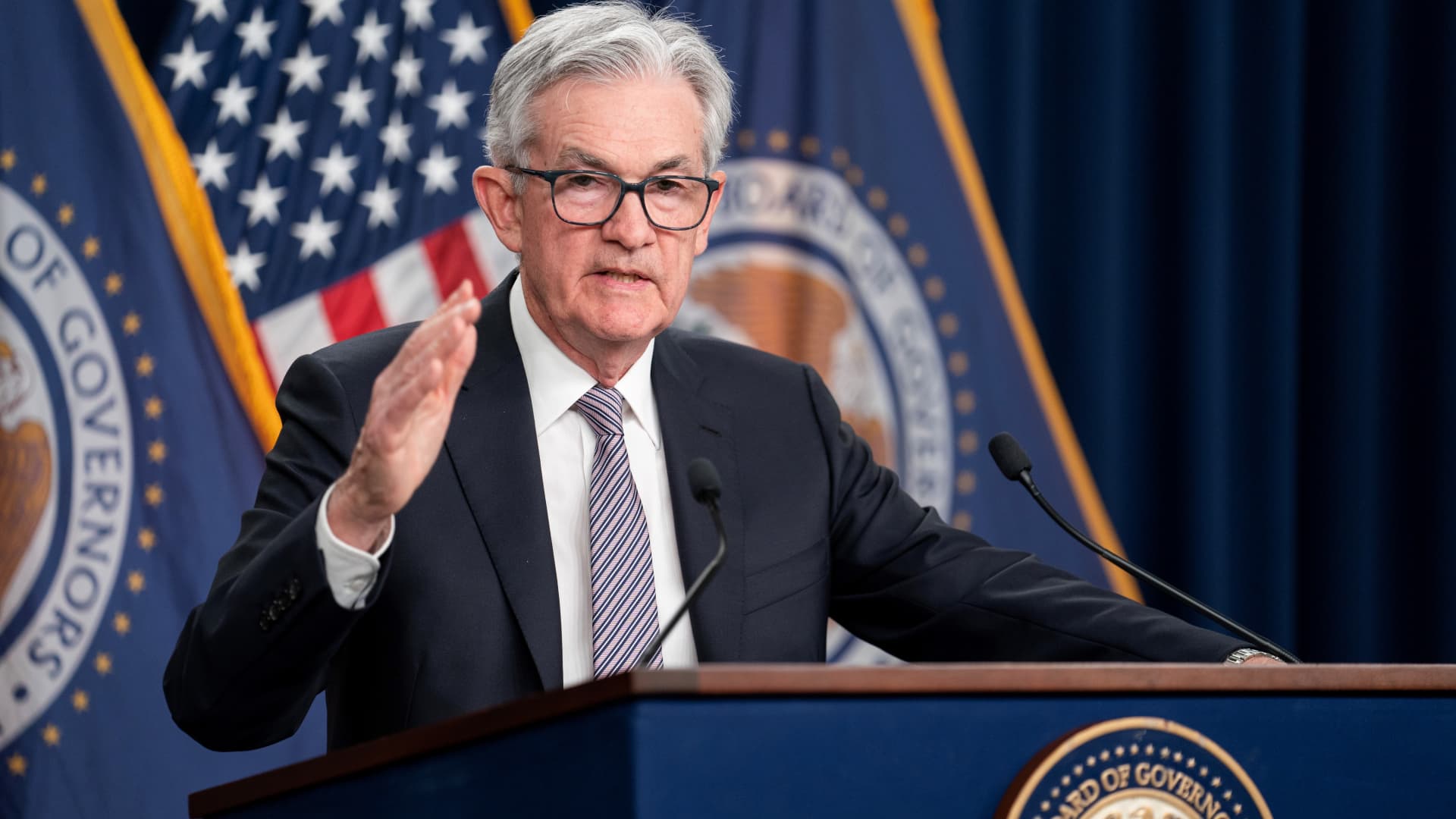
Implications for the Housing Market
The Fed's decision to keep interest rates unchanged is also likely to have a positive impact on the housing market. With interest rates on mortgages remaining low, homebuyers will continue to have access to affordable financing options, which could help to support demand for housing. This, in turn, could help to boost the construction industry and support economic growth.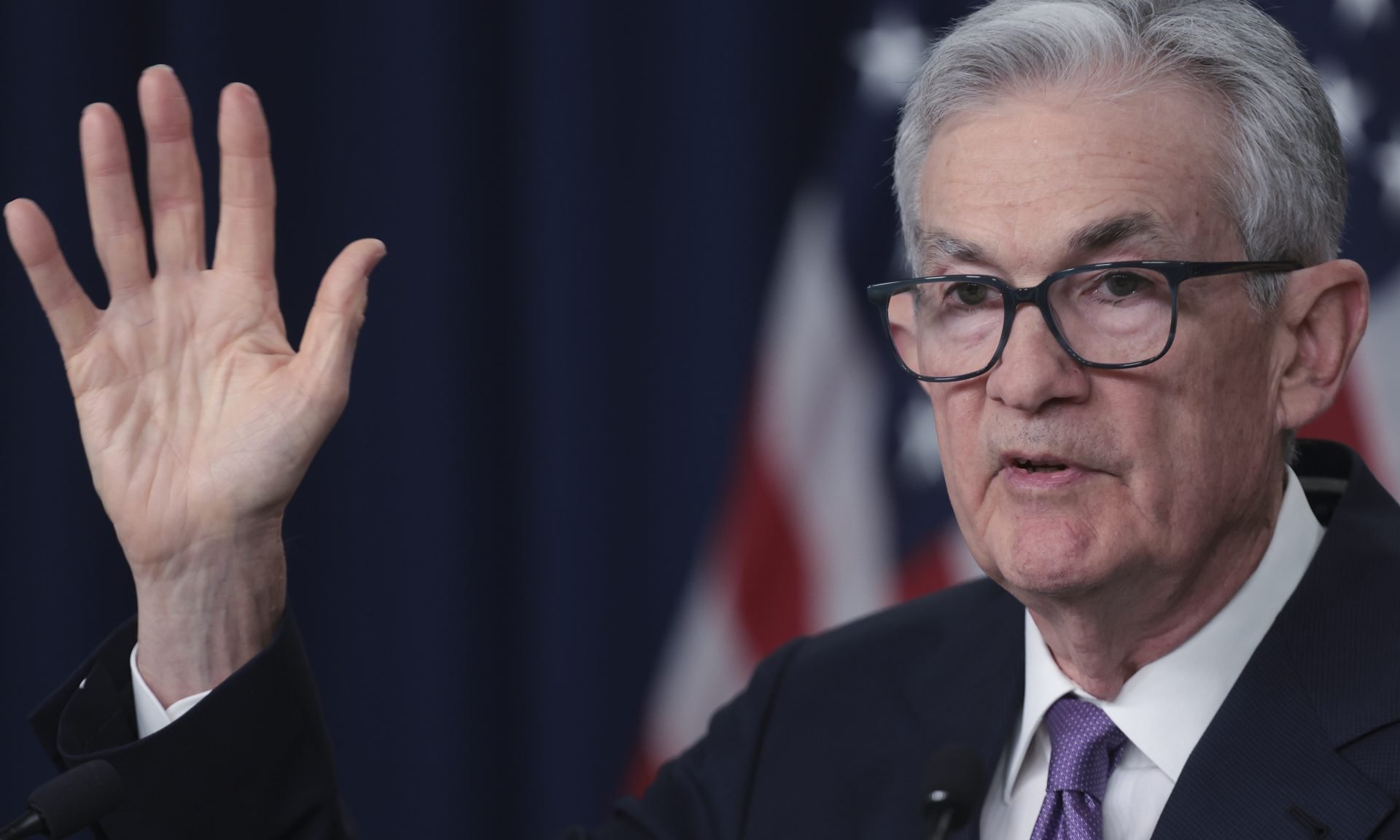
What's Next for the Economy?
Looking ahead, the Fed's decision to keep interest rates steady suggests that it is taking a wait-and-see approach to monetary policy. The central bank will continue to monitor economic developments, including inflation, employment, and GDP growth, and will adjust interest rates as needed to support the economy. In the short term, the decision is likely to have a positive impact on the stock market and the housing market. However, the longer-term implications of the decision will depend on a range of factors, including the outcome of the US presidential election, the trajectory of global trade tensions, and the performance of the US economy. In conclusion, the Federal Reserve's decision to keep interest rates unchanged in June 2024 reflects its cautious approach to monetary policy. While the decision is likely to have a positive impact on the stock market and the housing market, it also means that savers will continue to earn low returns on their deposits. As the economy continues to evolve, the Fed will need to balance its dual mandate of promoting maximum employment and price stability, and its decisions will have significant implications for the economy and financial markets.Keywords: Federal Reserve, interest rates, economy, monetary policy, inflation, employment, GDP growth, housing market, stock market, savers, borrowers, investors.